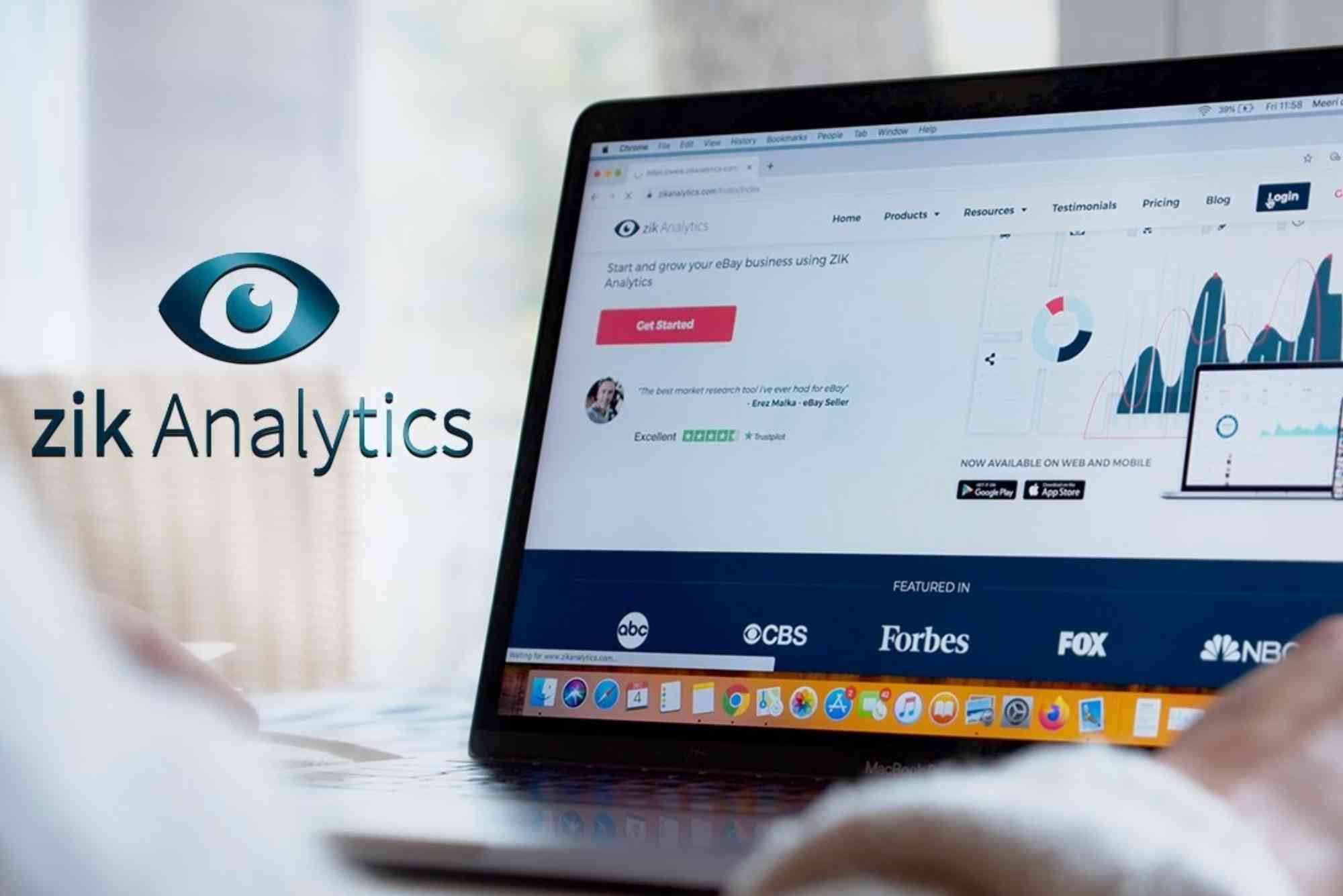Introduction
The concept of social contract theory has fascinated philosophers, political thinkers, and social scientists for centuries. Originally developed by great minds such as Thomas Hobbes, John Locke, and Jean-Jacques Rousseau, the theory explores how societies form and why individuals consent to authority. In today’s rapidly evolving world, the theory is experiencing a renaissance. From digital citizenship to global justice and artificial intelligence ethics, the principles of the social contract are being reinterpreted to address modern challenges. Understanding these new directions helps us grasp the moral and political foundations of our societies.
Understanding Social Contract Theory in the Modern Context
At its core, social contract theory explains that people collectively agree to form a society and abide by its rules for mutual benefit. This agreement establishes order and ensures protection of individual rights. While Hobbes emphasized the need for strong authority to avoid chaos, Locke highlighted natural rights and limited government. Rousseau introduced the idea of a collective “general will” that represents true freedom.
In the twenty-first century, this theory continues to shape debates in political science, law, and philosophy. Modern thinkers reinterpret the social contract through new lenses — digital governance, global cooperation, and corporate responsibility. These emerging interpretations extend the classical idea into areas never imagined by its founders.
The Digital Transformation of the Social Contract
One of the most influential developments in recent years is the digitalization of the social contract. As societies move online, questions about privacy, consent, and power have taken center stage. In the digital age, people trade personal data for access to social media, communication tools, and online convenience. This exchange mirrors a new kind of social contract between users and technology companies.
Digital Citizenship and Data Ethics
The modern citizen is also a digital participant. Governments and corporations collect data in exchange for services, creating a form of social agreement. However, unlike traditional political contracts, these digital agreements are often opaque. People rarely understand how much power they surrender. As debates about data protection and privacy intensify, the social contract theory provides a moral foundation for redefining online rights. It challenges tech companies to uphold transparency and protect individual autonomy.
The AI Revolution and Social Responsibility
Artificial intelligence adds another layer to the discussion. Machines now make decisions that affect human lives — from hiring to healthcare. Who holds responsibility when algorithms make mistakes? The idea of a social contract between humans and AI developers has gained traction. It demands accountability and ethical standards in AI systems. These discussions highlight the ongoing relevance of social contract theory as societies navigate the ethics of automation and digital governance.
Social Contract Theory and Global Justice
Classical philosophers envisioned the social contract within individual societies, but globalization has changed that scope. Today, nations are interconnected by trade, communication, and environmental challenges. This interconnectedness raises the question: can there be a global social contract?
Modern thinkers argue that issues like climate change, refugee crises, and pandemics require collective responsibility beyond borders. The idea of a global social contract suggests that countries share moral duties toward humanity as a whole. Such cooperation would promote fairness and sustainability. It also reflects the growing belief that justice cannot remain confined within national boundaries.
Corporate Social Contracts and Ethical Governance
Businesses play a crucial role in shaping modern society. As corporations influence politics, culture, and the environment, the idea of a corporate social contract has emerged. This concept proposes that companies have obligations beyond profit-making. They owe fairness, sustainability, and ethical behavior to the societies they serve.
Firms that embrace social responsibility strengthen public trust and demonstrate moral leadership. In this sense, corporations are now expected to honor an unwritten agreement with their communities — to contribute positively while benefiting economically. This trend aligns closely with social contract principles, as it emphasizes mutual benefit and ethical duty.
Environmental Responsibility and the Social Contract
Another major trend in social contract theory relates to the environment. The growing awareness of climate change has shifted how societies understand their moral obligations. Philosophers and policymakers now discuss the “green social contract,” which includes responsibilities toward future generations and the planet.
Citizens, corporations, and governments are called to act collectively for environmental protection. The idea extends the contract beyond human society to include ecological balance. This broader perspective redefines justice to include sustainability and stewardship of natural resources.
Reassessing Political Legitimacy and Public Trust
Political instability and social unrest across the globe have reignited discussions about legitimacy and authority. When people lose trust in their governments, the social contract weakens. Modern political theorists use this framework to analyze why some democracies thrive while others falter.
A healthy social contract depends on transparency, accountability, and participation. Citizens must feel their voices matter and their rights are protected. The rise of populism, disinformation, and inequality challenges these principles. Rebuilding public trust requires renewing the social contract — one grounded in fairness, communication, and shared values.
Education, Civic Engagement, and the Modern Citizen
Education plays a central role in sustaining a functional social contract. Informed citizens can critically evaluate authority, participate in governance, and promote justice. Modern educators encourage civic literacy to help students understand their social and moral responsibilities. This knowledge empowers individuals to shape policies and institutions in ethical ways.
The renewed focus on civic education reflects a broader trend: societies recognizing that democracy depends not just on laws but on active participation. This principle echoes Rousseau’s belief that individuals are both authors and subjects of the laws they follow.
Technology, Privacy, and the New Power Balance
The balance of power has shifted dramatically in the digital age. Technology companies control massive amounts of personal data, influencing opinions, elections, and economies. The new social contract between citizens, states, and corporations must redefine accountability.
People now demand more transparency from governments and businesses alike. Privacy laws, ethical AI frameworks, and digital rights movements aim to create a balanced system where innovation coexists with individual freedom. These movements show how social contract theory continues to guide the moral dimensions of modern technology.
Feminist and Postcolonial Revisions of Social Contract Theory
Recent scholarship also challenges the traditional limitations of the social contract. Feminist theorists argue that historical contracts often excluded women and marginalized groups. Similarly, postcolonial scholars highlight how global inequality distorts social agreements between nations.
These critical perspectives aim to build a more inclusive version of the theory — one that acknowledges diversity, historical injustice, and cultural pluralism. The reimagined contract seeks equity for all participants, not just those in power.
The Future of Social Contract Theory
The future of social contract theory lies in its adaptability. As societies evolve, the principles of cooperation, justice, and consent must evolve too. In a world facing climate crises, technological disruption, and political division, the theory provides a timeless moral compass.
New interpretations of the contract emphasize interconnectedness and shared responsibility. Whether in digital spaces, global governance, or corporate ethics, the central question remains: what do individuals owe one another in a shared society?
Why Social Contract Theory Still Matters
Despite its ancient origins, social contract theory remains relevant because it asks fundamental questions about human coexistence. It reminds us that authority requires legitimacy, and that freedom thrives through collective responsibility. As new forms of power emerge, the theory helps society hold them accountable.
Its timeless nature ensures it continues to guide debates about justice, democracy, and human rights. In every era, it helps reimagine what fair cooperation should look like.
Reimagining Cooperation in the Modern World
As society enters a new era of globalization and technological transformation, social contract theory continues to evolve. It challenges us to rethink fairness, consent, and responsibility in a world where boundaries blur between citizens, corporations, and governments. Understanding these new trends is essential for building ethical and sustainable systems that respect human dignity.
If you want to deepen your understanding of how philosophy connects to real-world governance, consider exploring professional insights on SEO Expert Help or following in-depth discussions on Moz Blog. Stay informed, stay engaged, and help shape a more just and responsible social future for all.
FAQs
What is the main idea of social contract theory?
It explains that individuals consent to form a society and accept rules to protect their rights and maintain order.
How is social contract theory relevant today?
It guides discussions on digital privacy, environmental ethics, political legitimacy, and global justice in modern society.
Who are the main philosophers behind the social contract theory?
The most influential figures are Thomas Hobbes, John Locke, and Jean-Jacques Rousseau, each offering unique interpretations.
What is a digital social contract?
It refers to the implicit agreement between individuals and technology platforms concerning data privacy, rights, and digital ethics.
Can the social contract apply globally?
Yes. Many modern thinkers argue for a global social contract to address issues like climate change and international justice.







